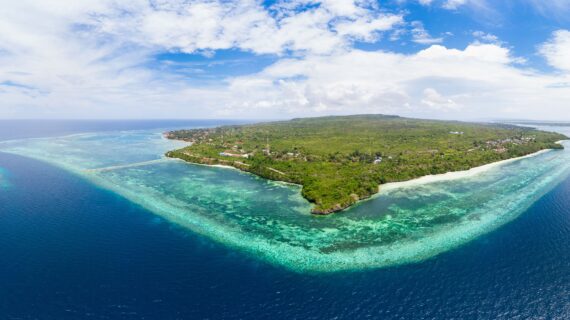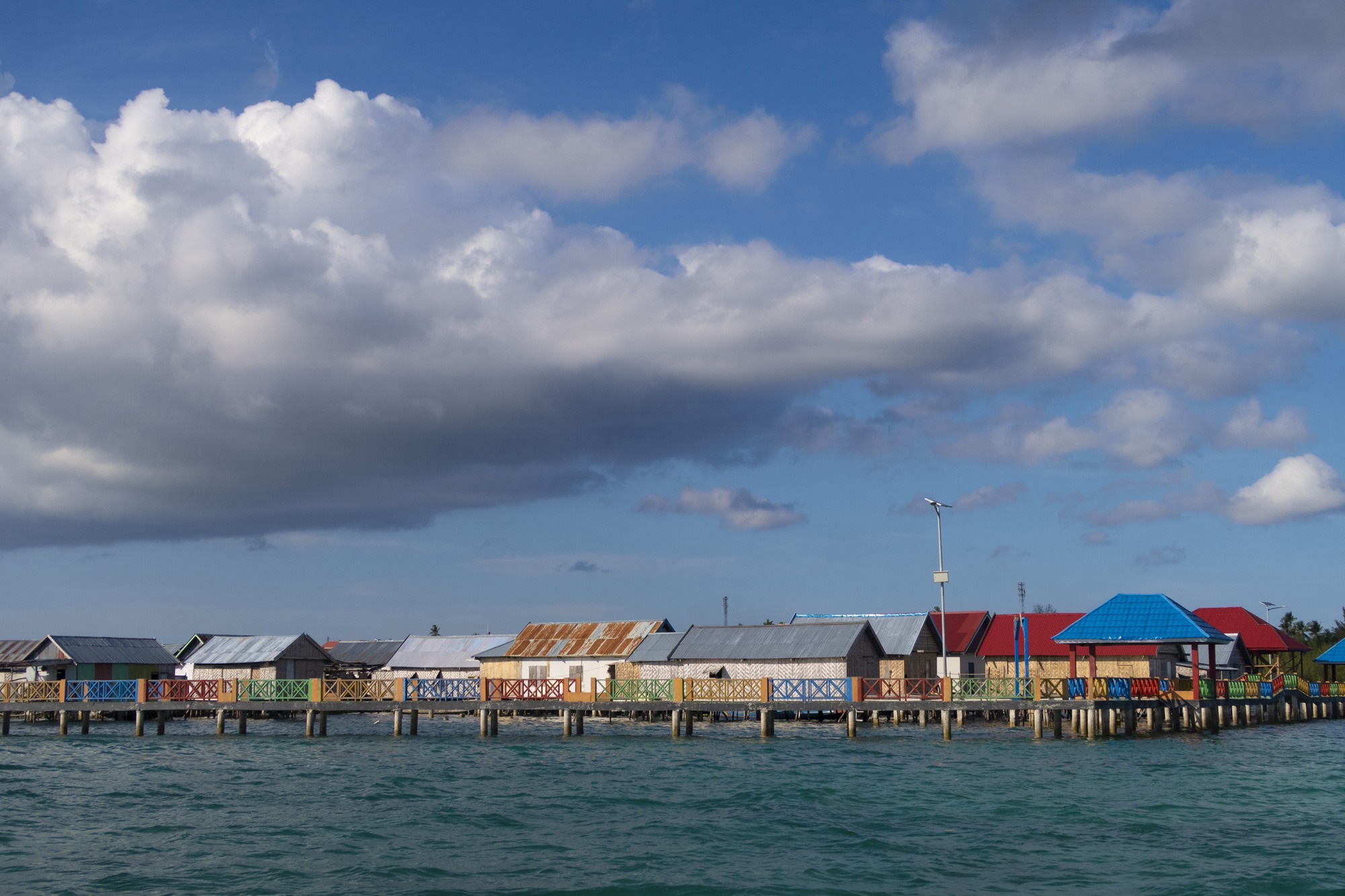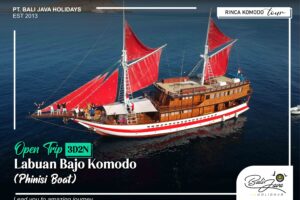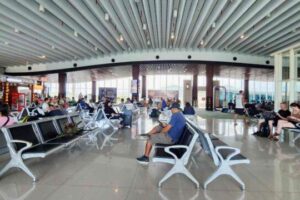The Evolution of Wakatobi as a Tourist Destination
Wakatobi, once primarily known for its world-class diving spots, is now undergoing a transformation. While the region has long been a haven for underwater enthusiasts, it’s now gaining attention for another reason: the cultural tourism offered by the Bajo people. This indigenous community, often referred to as “sea gypsies,” has deep roots in the area and is playing a significant role in shaping Wakatobi’s new identity as a multifaceted tourist destination.
The British Council and Bank Mandiri have taken a pivotal step in this transformation by launching a cultural tourism initiative centered around the Bajo community in Mola Lara. This project is not just about promoting tourism; it’s also about empowering local communities through sustainable development. By focusing on cultural preservation and infrastructure improvement, the initiative aims to create a balanced approach that respects the heritage of the Bajo while opening up new economic opportunities.
The Bajo People and Their Unique Lifestyle
The Bajo people are known for their nomadic lifestyle, which has been deeply intertwined with the sea for generations. In Mola, they have been residing on the island of Wangi-Wangi since 1958, living on floating houses built above the coral reefs. This unique way of life has earned them the nickname “people of the sea.” Their knowledge of the ocean, including navigation using the stars, is a crucial part of their cultural identity.
This cultural richness is now being showcased to both local and international tourists. The initiative includes activities such as dolphin watching, cultural tours, and boat rides around the Bajo settlements. These experiences allow visitors to immerse themselves in the daily lives and traditions of the Bajo community, offering a deeper understanding of their connection to the sea.
The Role of Partnerships in Sustainable Tourism
The success of this cultural tourism initiative is largely due to the collaboration between various stakeholders. Bank Mandiri, the British Council, and the local government have come together to support the Bajo community through capacity building and infrastructure development. This partnership ensures that the benefits of tourism are distributed equitably among the locals, fostering a sense of ownership and pride.
Deputy Regional CEO of Bank Mandiri Sulawesi and Maluku, Tonggo Marbun, emphasized the importance of this program in accelerating economic development through village-based initiatives. He highlighted that the goal is not only to promote tourism but also to create sustainable livelihoods for the local population.
Expanding the Scope of Tourism in Wakatobi
The Bajo cultural tourism initiative is part of a broader effort to diversify Wakatobi’s tourism offerings. While the region is already renowned for its marine biodiversity, the addition of cultural experiences adds a new dimension to the visitor experience. This shift is expected to attract a wider range of tourists, including those interested in cultural immersion and traditional lifestyles.
According to the Wakatobi Regent, Hugua, the Mola tourism area will ensure that the beauty of Wakatobi’s marine environment and the uniqueness of the Bajo culture are accessible to both domestic and international travelers. This expansion is seen as a strategic move to position Wakatobi as a premier destination that offers both natural and cultural attractions.
The Future of Cultural Tourism in Wakatobi
As the Bajo community continues to share their traditions and way of life, Wakatobi is set to become a model for sustainable cultural tourism. The integration of cultural experiences into the tourism framework not only enriches the visitor experience but also helps preserve the heritage of the Bajo people.
With ongoing support from partners like the British Council and Bank Mandiri, the future looks promising for Wakatobi. The region is no longer just a diving paradise; it’s evolving into a vibrant cultural hub that celebrates the unique identity of the Bajo people while contributing to the local economy.








